Shoulder Surgery in Guadalajara
Orthopedic Traumatologist in Guadalajara
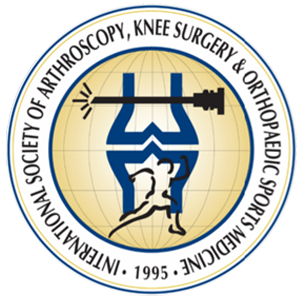

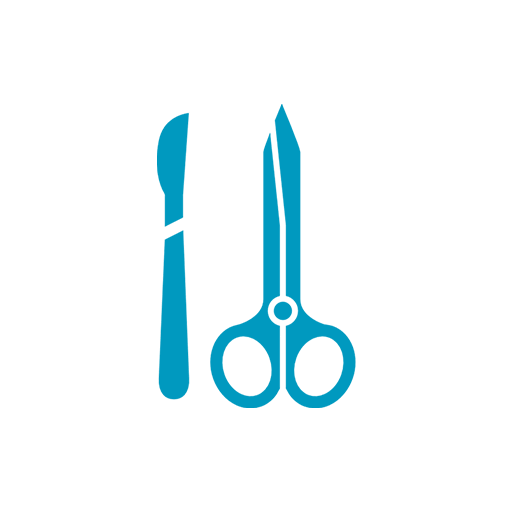
The most advanced techniques worldwide to provide the total resolution of your injury

The best treatments for a faster and more efficient recovery
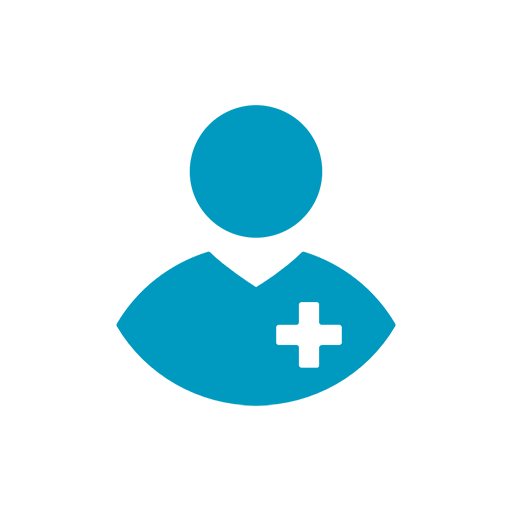
The most precise Rehabilitation for specific pathologies
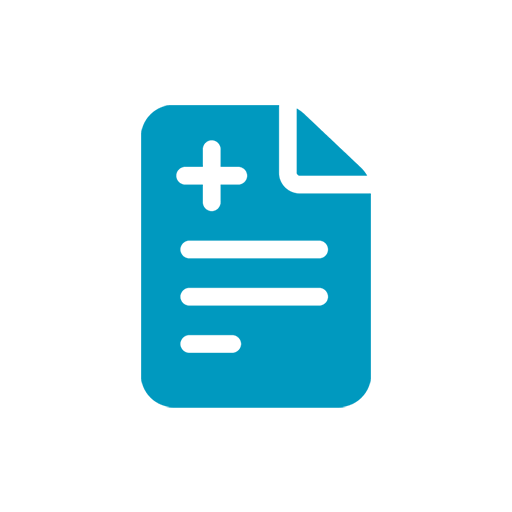
Physical check-up and better imaging studies (MRI, CT SCAN, X-RAYS) at the best price
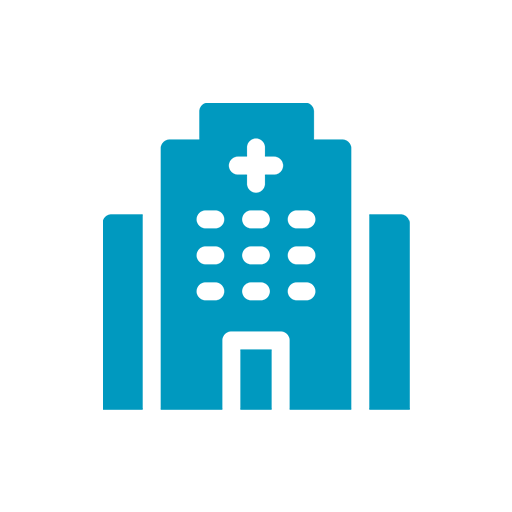
The fastest attention to those problems that cannot wait
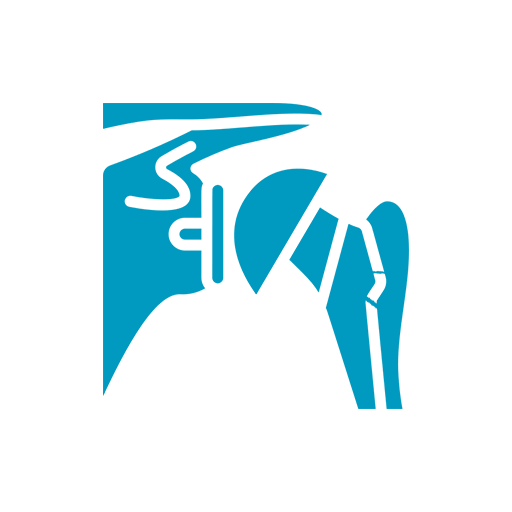
The most advanced technologies in prosthetics worldwide for your specific problems
The Shoulder is the body's joint with the greatest movement, it requires multiple structures (bones, ligaments, tendons, muscles) working in harmony to be able to perform the most basic functions (eating, grooming, dressing). The most frequently affected structure is the rotator cuff tendons. (Shoulder Surgery) The traumatologist is the specialist indicated for this shoulder surgery.
The rotator cuff is made up of four muscles that arise from the shoulder blade (also known as the scapula or shoulder blade) of the lower back, with tendons that attach to the head or ball of the humerus (the bone located at the top of the arm). These muscles and tendons are responsible for lifting and turning the arms. They also help keep the ball of the humerus firmly in the socket of the shoulder.
The tendons in the cuff area can tear. The tendon may only be slightly irritated, but in other cases, it may tear completely.
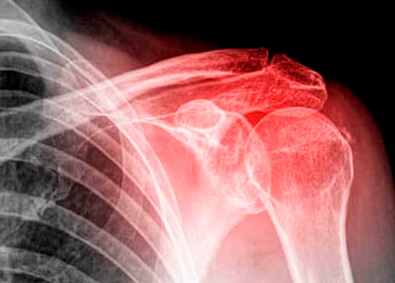
There are a variety of reasons why the cuff tendon can tear, but the most common are injury, overuse, or wear and tear.
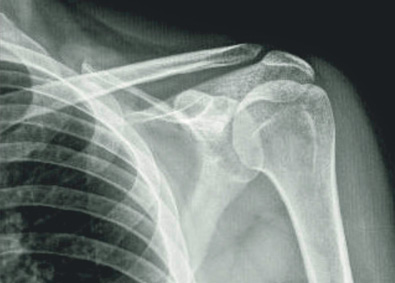
Currently there are two treatment options, non-surgical which includes physical therapy or other treatments, and different types of surgery.
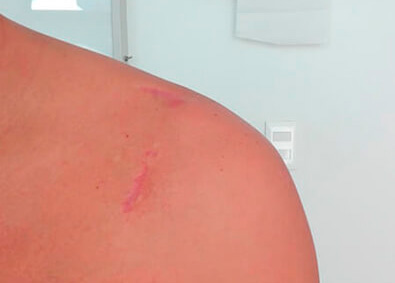
A small camera is used which is inserted through a small cut.
A larger opening is made and the injury is repaired with common instruments.
First an arthroscope is used and later other surgical instruments.
Even the simplest movements of the shoulder and arm can become very difficult and cause pain.
Pain may vary depending on the severity of the injury, it may be moderate or even severe pain.
Swelling is a natural reaction of the body to injuries, which is the most common cause of pain.
You may notice cracking, popping, or "booming" when the shoulder moves.
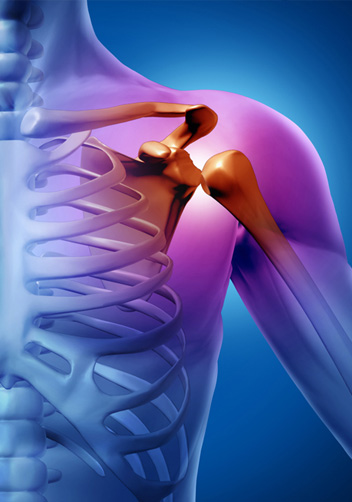
Platelet Rich Plasma (PRP), also known as autologous growth factor therapy (AGFT).
PRP is obtained by drawing a small amount of blood from the patient, processing it to concentrate the platelets and then injecting the concentrated platelets into the injured area. The platelets release growth factors that can help stimulate healing and tissue regeneration.
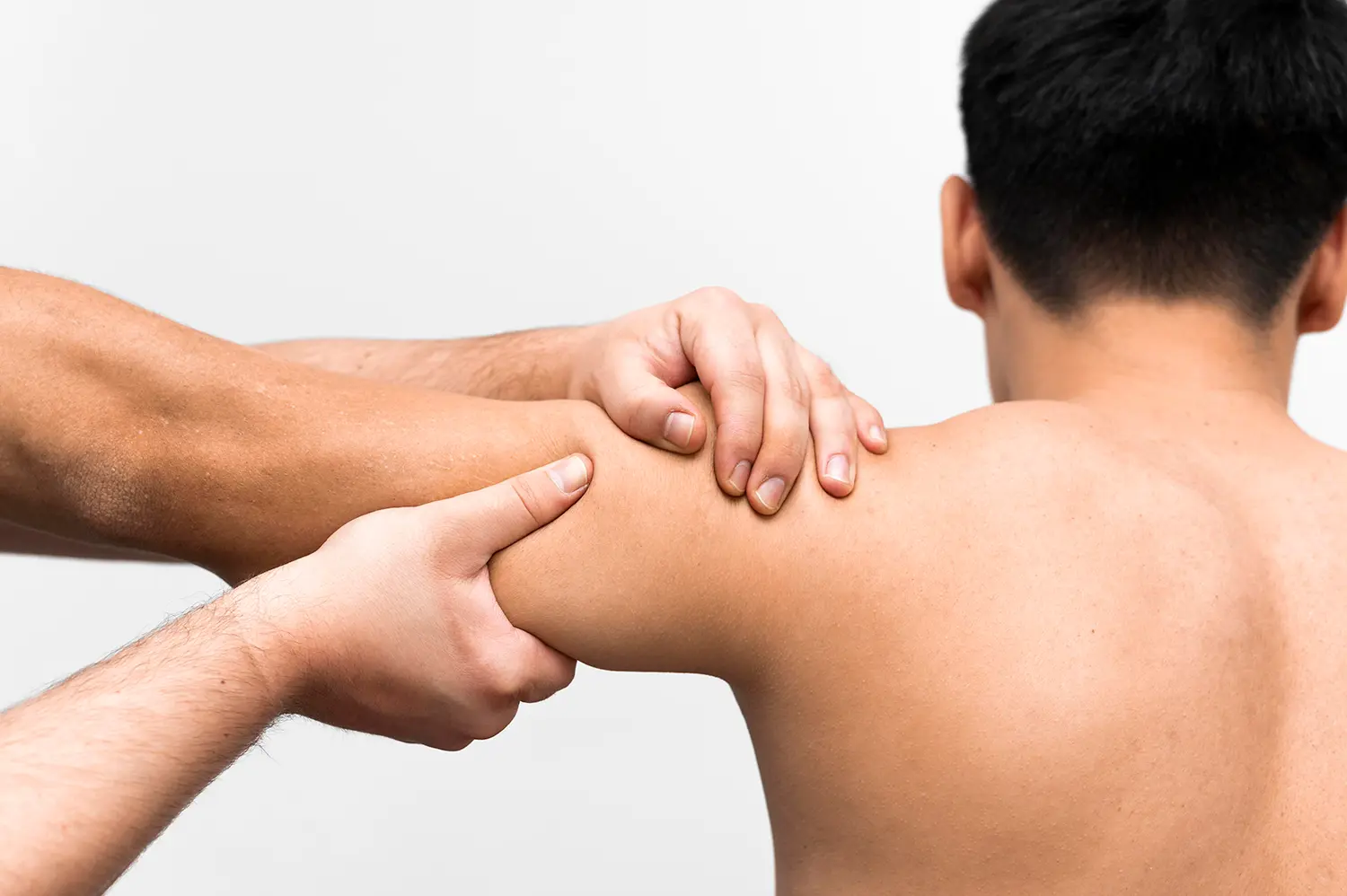
• Stem cells for shoulder wear and tear
- Stem cells for shoulder injuries
Stem cells release growth factors that stimulate the proliferation of healthy cells and the repair of damaged tissues such as tendons, ligaments and cartilage.
This is a procedure in which a mixture of drugs, such as a local anaesthetic and a corticosteroid, is injected directly into the shoulder joint to relieve pain and inflammation.
Tijuana, B.C.
HOSPITALES MAC TIJUANA Consultorio 21 y 22 Vía Rápida Ote 15000 Chapultepec Alamar 22110 Tijuana BC
Tel: +52 33 1686 5184